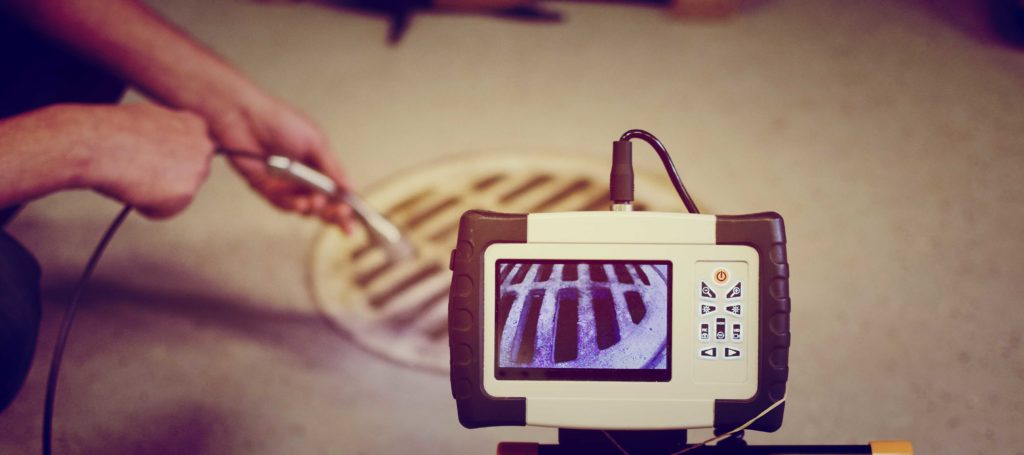Mississippi Implementing Grease Trap Inspection Program to Combat FOG
The city of Jackson Mississippi’s Public Works Department recently announced a partnership with local restaurants to help educate business owners and the public about the importance of keeping fats, oil and grease (FOG) out of the city’s sewer system to prevent grease traps in Mississippi restaurants from causing problems with sewer lines.
Without proper best management practices, FOG will accumulate in the sewer system. Restaurants and other food service establishments can be fined, and water and sewer service can be interrupted due to these blockages and backups. To combat this problem, the City of Jackson Mississippi is implementing new regulations for FOG control provisions. In some cases, commercial kitchen operators may be held financially responsible for damages resulting from blockages and backups.
All commercial kitchens within Jackson’s wastewater service area will be required to install approved grease control equipment and ensure that the equipment is properly operated and maintained. All restaurants and commercial kitchens are expected to conduct their operations in such a manner that fats, oils and grease (FOG) are captured on their premises. The foodservice operators must properly dispose of the FOG collected.
Restaurants and commercial kitchens will be inspected periodically to ensure that the facility is complying with the intent of Jackson’s FOG Control Program. Each facility’s grease control practices and the adequacy of their grease trap will be assessed.
Grease interceptor tanks and grease traps must be cleaned on a regular basis and as often as necessary to prevent grease from clogging up the sewers. Grease traps must be completely pumped out a minimum of once every three months, or more frequently as required, to meet the intent of the FOG Control Program. Grease traps must be completely cleaned more frequently, with weekly cleaning recommended.
All food service establishments are required to provide employee training in kitchen Best Management Practices and to properly maintain their grease traps. Training and Maintenance records will be reviewed during the periodic inspections.
Noncompliant commercial kitchens will be required to correct the deficiencies noted by the inspector. This might include better housekeeping practices, increasing the cleaning frequency of grease traps, or other FOG control improvements. A follow-up inspection will be scheduled to ensure the issues cited have been addressed. Failure to comply will result in a Notice of Violation and the facility will be subject to a fine.
Restaurants that are not successful in achieving compliance with the intent of the FOG Control Program through improved housekeeping and increased cleaning of their existing grease control equipment will be required to install the necessary equipment to bring the facility into compliance.
To prevent problems in your commercial kitchen, consider installing The Drain Strainer. Invented by a former restaurant owner, The Drain Strainer captures food solids that could clog your pipes and grease trap while still allowing your sinks to drain quickly.

